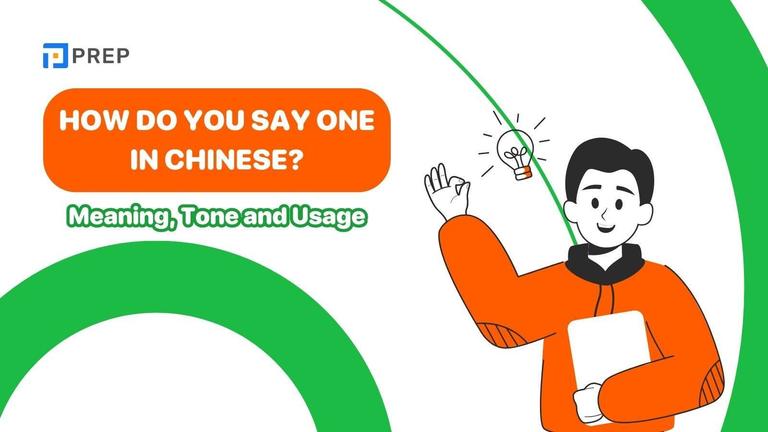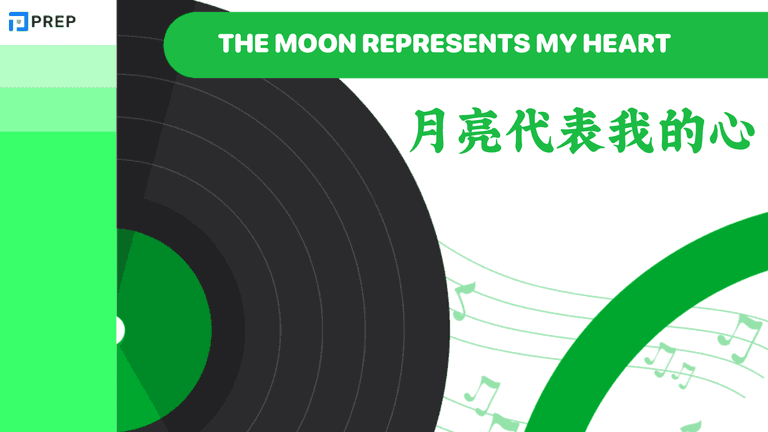A Comprehensive Guide to Mastering Clause Types for Exam Success and Clear Communication
This comprehensive guide on mastering English clause types serves as a systematic educational resource for exam candidates and English learners seeking to enhance their grammatical proficiency and communication effectiveness. The content establishes foundational concepts by defining clauses as subject-predicate units with finite verbs, then progresses through the fundamental distinction between independent clauses (complete thoughts that stand alone) and dependent clauses (requiring connection to independent clauses for meaning).
- 1. Understanding Clause Types - foundation of English grammar
- 2. Independent vs. Dependent Clauses
- 3. Exploring the Three Major Dependent Clause Categories
- 4. Essential Punctuation Rules for Clause Types
- 5. Practical Application Strategies for Mastering Clause Types
- 6. Advanced Applications and Exam Success with Clause Types

1. Understanding Clause Types - foundation of English grammar
Picture yourself struggling with complex IELTS sentences or wanting to express sophisticated ideas during speaking tests. The solution lies in mastering clause types—the essential building blocks of meaningful English communication.
This comprehensive guide, developed by English language experts at PREP, will systematically demystify the different types of clauses in English, making them accessible for immediate application in exams and everyday communication.
1.1. What Exactly Is a Clause in English Grammar?
A clause contains both a subject and a predicate with a finite verb, forming the foundation for meaningful expression. Understanding clauses in English requires recognizing that every clause must include these essential components.
1.1.1. The Core Components: Identifying Subjects and Verbs
The subject identifies who or what performs the action, while the predicate includes the verb plus additional elements. Consider these examples:
-
"Students study" (subject: students, verb: study)
-
"The comprehensive exam challenges candidates" (subject: exam, predicate: challenges candidates)
1.1.2. Clauses vs. Phrases
Phrases lack subject-verb combinations:
-
"running through the park"
-
"on the wooden table"
Clauses express complete thoughts:
-
"She was running through the park"
-
"The book sits on the wooden table"
2. Independent vs. Dependent Clauses
Understanding the fundamental distinction between these clause types forms the cornerstone of English grammar mastery.
|
Clause Type |
Characteristics |
Examples |
|
Independent Clause |
• Expresses complete thought<br> • Can stand alone<br> • Forms backbone of sentences |
"Technology transforms education"<br>"Students embrace digital tools" |
|
Dependent Clause |
• Requires independent clause<br> • Begins with signal words<br> • Adds depth and detail |
"Because it was raining"<br>"Who lives in London" |
2.1. Independent Clause
An independent clause functions as a complete sentence and serves as building blocks for complex structures:
-
Simple: "Students practice regularly"
-
Compound: "Students practice regularly, and they improve quickly"
PREP Tip: Use strong independent clause structures for clear topic sentences in IELTS Writing Task 2.
2.2. Dependent Clause
A dependent clause begins with signal words and depends on independent clauses for meaning:
Signal words include:
-
Subordinating conjunctions: because, although, when, if
-
Relative pronouns: who, which, that, whose
Example: "Because online learning offers flexibility, many students prefer this format"
PREP Tip: Identifying each dependent clause helps break down complex IELTS reading passages for better comprehension.
3. Exploring the Three Major Dependent Clause Categories
These clause types serve distinct grammatical functions while adding sophistication to your English expression.
|
Type |
Function |
Signal Words |
Example |
|
Noun Clauses |
Act as nouns (subject, object, complement) |
that, whether, if, wh-words |
"What he said was unclear" |
|
Adjective Clauses |
Modify nouns/pronouns |
who, which, that, whose, where, when |
"The book that I read was interesting" |
|
Adverbial Clauses |
Modify verbs, adjectives, adverbs |
because, although, when, if, while |
"Students succeed because they practice" |
3.1. Noun Clauses: Acting as Nouns
Functions:
-
Subject: "What the research reveals concerns scientists"
-
Object: "Students believe that practice improves skills"
-
Complement: "The challenge is whether we can finish"
PREP Application: Essential for reported speech in IELTS Speaking: "Research suggests that bilingual education provides advantages"
3.2. Adjective Clauses: Describing with Precision
Restrictive vs. Non-Restrictive:
|
Type |
Purpose |
Punctuation |
Example |
|
Restrictive |
Essential identification |
No commas |
"Students who study consistently achieve better results" |
|
Non-Restrictive |
Extra information |
Commas required |
"PREP's methodology, which focuses on application, helps students" |
PREP Application: Create rich descriptions for IELTS Speaking: "The library where I study offers quiet spaces that facilitate concentration"
3.3. Adverbial Clauses: Adding Context
Common Categories:
|
Category |
Answers |
Conjunctions |
Example |
|
Time |
When? |
when, while, before, after |
"Students improve after they begin practicing" |
|
Reason |
Why? |
because, since, as |
"Candidates succeed because they prepare systematically" |
|
Condition |
Under what circumstances? |
if, unless, provided that |
"Students achieve goals if they maintain practice" |
|
Concession |
Despite what? |
although, though, whereas |
"Although online learning presents challenges, students prefer flexibility" |
PREP Application: Demonstrate logical thinking in IELTS Writing Task 2 through varied adverbial clauses.
4. Essential Punctuation Rules for Clause Types
Proper punctuation with different clause types directly impacts your writing clarity and exam scores.
4.1. Comma Rules for Clauses
Three Key Rules:
-
Introductory dependent clauses: "Because students need preparation, PREP offers structured pathways"
-
Compound sentences: "Technology enhances learning, but traditional methods remain valuable"
-
Non-restrictive adjective clauses: "The IELTS exam, which measures proficiency comprehensively, requires specific strategies"
4.2. Common Errors to Avoid
|
Error Type |
Incorrect |
Correct |
|
Comma Splice |
"Students study diligently, they achieve results" |
"Students study diligently, and they achieve results" |
|
Sentence Fragment |
"Because online learning requires discipline." |
"Because online learning requires discipline, some students struggle" |
|
Run-on Sentence |
"Students practice they improve they succeed" |
"Students practice; they improve and succeed" |
PREP Focus: Proper punctuation directly impacts IELTS/TOEIC writing scores in grammatical accuracy criteria.
5. Practical Application Strategies for Mastering Clause Types
Transform your understanding of clause types into practical communication skills through strategic application.
5.1. Building Sentence Variety
Three Combination Techniques:
-
Coordinating conjunctions (FANBOYS): Create compound sentences
-
"Students practice regularly, and they improve performance"
-
-
Subordinating conjunctions: Create complex sentences
-
"Students practice regularly because they want to improve"
-
-
Relative pronouns: Embed descriptions
-
"Students who practice regularly achieve higher scores"
-
5.2. Improving Reading Comprehension
Strategy: Identify main independent clause first, then analyze how dependent clauses modify the central idea.
Example Analysis:
-
Main clause: "Educational technology provides benefits"
-
Dependent clause: "that enhance learning outcomes"
-
Complete understanding: Technology provides specific benefits that improve learning
5.3. Common Mistakes and Solutions
|
Problem |
Solution |
Example |
|
Wrong conjunction choice |
Match conjunction to intended meaning |
Use "although" for contrast, "because" for reason |
|
Subject-verb disagreement |
Check agreement within each clause |
"Students who study consistently achieve results" (not "achieves") |
|
Misplaced modifiers |
Ensure modifiers refer to correct subjects |
"Walking to class, I noticed rain" (not "rain was walking") |
6. Advanced Applications and Exam Success with Clause Types
Master these clause types to achieve peak performance in English proficiency exams and professional communication.
6.1. Advanced Structures
Finite vs. Non-finite Clauses:
-
Finite: "Students study diligently" (tensed verb)
-
Non-finite: "To succeed requires preparation" (infinitive form)
Elliptical Clauses: Omit understood words for conciseness
-
"She studies harder than I [study]"
6.2. Exam Applications
|
Skill |
Application |
Benefit |
|
Reading |
Identify clause boundaries |
Faster comprehension of complex texts |
|
Writing |
Vary sentence structures |
Higher grammatical range scores |
|
Speaking |
Connect ideas smoothly |
Improved fluency and coherence |
|
Listening |
Recognize sentence patterns |
Better understanding of complex speech |
Mastering clause types requires structured guidance and personalized feedback. PREP's comprehensive courses provide systematic practice opportunities where you apply clause knowledge in authentic exam contexts, receive detailed feedback on sentence construction, and develop confidence for peak performance.

Hi I'm Chloe, and I am currently serving as an Product Content Administrator at Prep Education. With over five years of experience in independent online IELTS study and exam preparation, I am confident in my ability to support learners in achieving their highest possible scores.
Comment
Premium content
View allPersonalized roadmap
Most read












